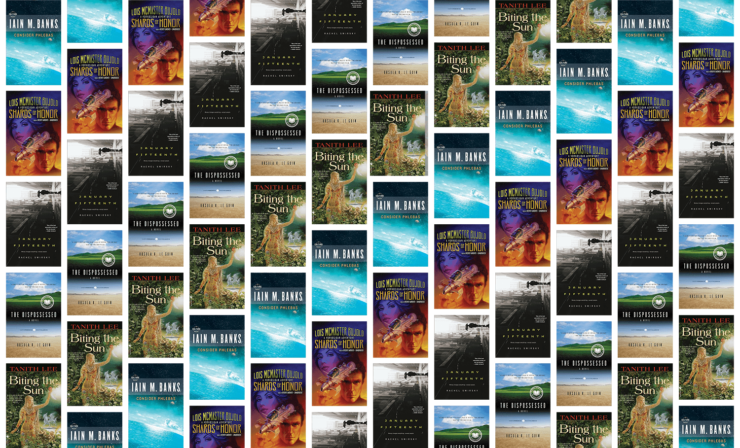To quote noted English philosophers Andrew Lloyd Webber and Tim Rice, “(there) will be poor always, pathetically struggling.” History seems to support this thesis. Indeed, the poor serve essential roles: Without poor people, to whom would the rich feel superior? Whose bodies would be used to test the sharpness of one’s new sword? Who would volunteer to be hunted in the spring revels so that their families might be fed for another week? It seems impossible for many people to imagine society without poverty and privation.
Still, science fiction often embraces the impossible. A genre that sees nothing wrong with discarding General and Special Relativity could well craft stories envisioning a perfect Gini coefficient of zero (or as close as it’s possible to get). In fact, it has: Consider these five settings.
Anarres (from The Dispossessed by Ursula Le Guin)
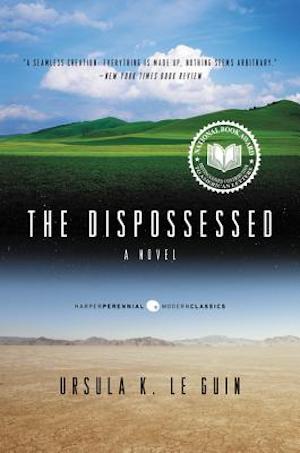
Urras’ great powers A-Io and Thu agree on very little, but they have agreed on the undesirability of tolerating rabble-rousing anarcho-syndicalists. Happily, a solution presented itself: allow the political deviants to settle Urras’ barely habitable moon, Anarres. The anarchists could do whatever they pleased out of sight of decent folk, allowing A-Io and Thu to focus on great-power rivalries.
Outsiders might deem Anarres a mixed success. While it’s true that there are no extremes of comparative wealth or poverty on Anarres—meaning that everyone enjoys the same level of prosperity—that level is low. Anarres is a poor, harsh world and the struggle for survival leaves meager surpluses. Arguably, this is the price of independence, however: had Anarres been as rich as Urras, the home world might not have been as willing to relegate it to anarchists.
Four-BAA, Four-BEE, and Four-BOO (from the Biting the Sun duology by Tanith Lee)
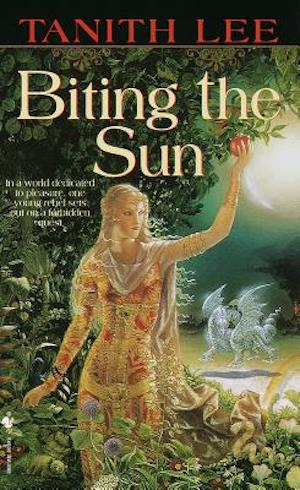
The three domed cities on a nameless desert planet that is almost certainly not the Earth of the distant future provide their human inhabitants with an abundance of luxury and indulgence. Young people known as “Jang” enjoy promiscuous frolics, outrageous self-indulgence, and bodies made to order. Older Persons are free to embrace more sedate pastimes suitable to their station.
The catch, as the nameless protagonist discovers, is that only physical needs will be met. Persons craving meaningful activity will soon learn that while the cities are run for the humans, they are run by the quasi-robots. The quasi-robots have firm limits to their tolerance of their charges’ eccentricities. Should someone begin questing for something beyond empty decadence, that someone will discover that even the undying Jang can be deposited in a silent desert grave by their disapproving minders.
Beta (from the Vorkosigan Saga by Lois McMaster Bujold)
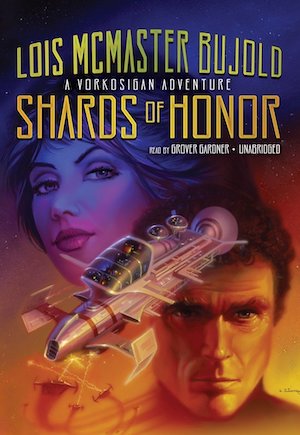
The second interstellar colony, Beta, may have seemed an unpromising world. It was a harsh desert planet rather than a verdant garden. The Betans rose to the challenge of living on their adopted world. Whereas colonies on greener worlds developed into imperialist autocracies, feudalist realms, and predatory capitalisms, Beta is a comfortable, diverse, self-satisfied middle-class democracy.
Not that Beta Colony is paradise. The powers-that-be have a habit of subjecting resistant humans to corrective therapy, informed consent not required (though of course after therapy the hapless subjects will agree that it was all for the best). Nevertheless, compared to the other worlds in this setting, Beta is a great place to live. That may be why Bujold sets most of her stories on other, more plot-friendly worlds.
The Culture (from the Culture series by Iain M. Banks)
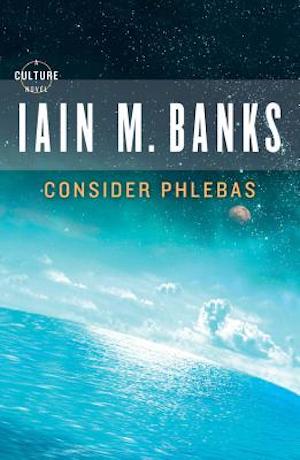
The Culture’s prodigious technology allows its citizens to live on both planets and orbital habitats, as well as in vast spaceships. These human environments are crafted and controlled by godlike AIs, the Minds. The Minds have created a post-scarcity society whose humanoid members may enjoy freedom with or without responsibility, as well as lifestyles lavish beyond the dreams of beings constrained by technological limitations.
Outsiders, no doubt a curmudgeonly, cynical lot, might point out that the Minds run the Culture, while the humanoids occupy a position not unlike pampered housecats. Perhaps. The Minds appear to be more benevolently inclined towards their charges than Tanith Lee’s quasi-robots. For the few Culture humanoids who find paradise boring, there is always the option of joining the Secret Service-style division known as Special Circumstances.
The United States of America (from January Fifteenth by Rachel Swirsky)
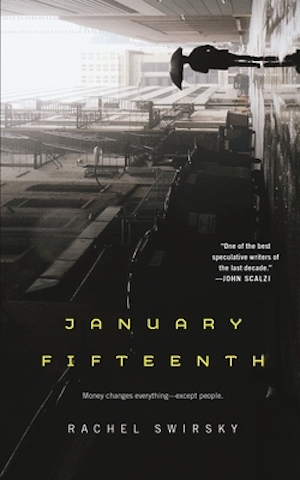
Crisis forced a great change to the American way of life. Universal basic income became law. Every January 15th, each American, regardless of class, creed, or colour, receives their annual Universal Basic Income check. Each citizen is thus assured that there is a level beneath which they cannot fall, that life’s basic necessities will be assured.
This US is not notably paradisiacal. As the novel reveals, there are those for whom the income is an insignificant, unearned extra to be squandered. For others, it means old abuses and frauds take new forms. Still others discover that their most pressing challenges are ones which the UBI cannot address. Nevertheless, the net effect seems to be a gain.
***
These are, of course, only five SF settings out of the thousands authors have imagined. No doubt there are many others to which I could have turned, ones some readers believe are superior. Comments are, as ever, below.
In the words of fanfiction author Musty181, prolific book reviewer and perennial Darwin Award nominee James Davis Nicoll “looks like a default mii with glasses.” His work has appeared in Publishers Weekly and Romantic Times as well as on his own websites, James Nicoll Reviews (where he is assisted by editor Karen Lofstrom and web person Adrienne L. Travis) and the 2021 and 2022 Aurora Award finalist Young People Read Old SFF (where he is assisted by web person Adrienne L. Travis). He is a four-time finalist for the Best Fan Writer Hugo Award, and is surprisingly flammable.










